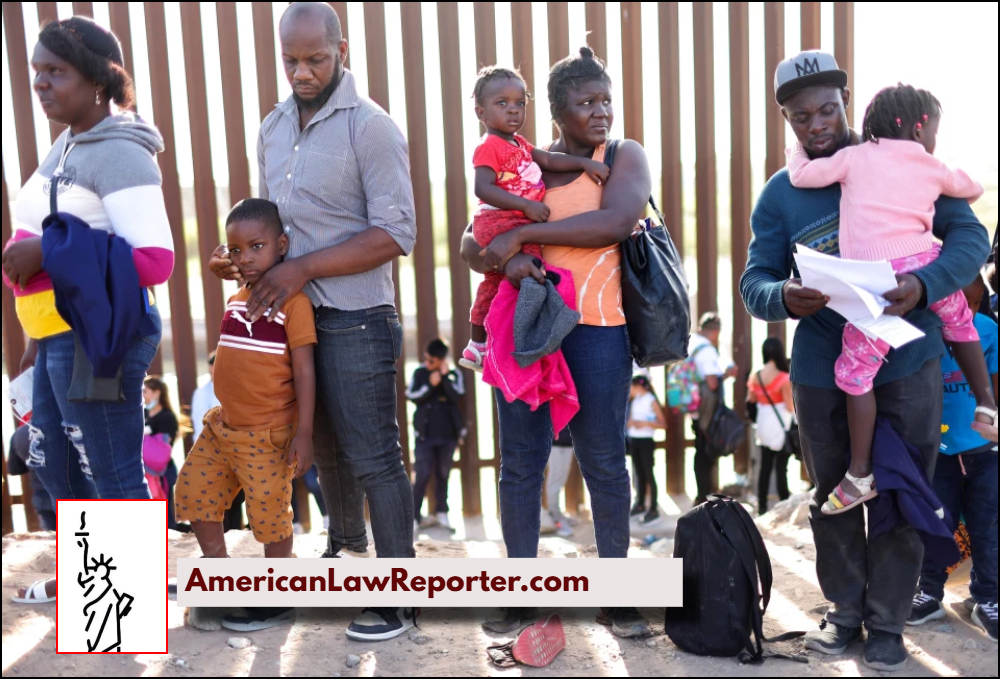A recent decision from the Board of Immigration Appeals (BIA) has sent shockwaves through immigration law circles, as it eliminates the possibility of bond hearings for immigrants who entered the United States without inspection, even if they have lived in the country for decades.
Under the ruling, immigrants apprehended by U.S. Immigration and Customs Enforcement (ICE) and placed in removal proceedings after entering unlawfully will not be entitled to seek release on bond before an immigration judge.
The decision holds that immigration judges lack jurisdiction to grant such bond hearings.
Decades in the U.S., Still No Bond Option

The scope of the decision is broad. According to commentary from immigration attorney LaToya McBean Pompy, the policy affects individuals who may have been in the United States for 10, 20, or even 30 years.
Despite deep community ties, work histories, and family connections, they now face mandatory detention without the possibility of bond once taken into ICE custody.
“This is awful news and it is sure to be challenged,” McBean Pompy said, noting the far-reaching implications of the ruling.
Possible Legal Challenges Ahead
Legal experts anticipate that the decision will face constitutional challenges. One potential avenue is through habeas corpus petitions filed in federal district courts, arguing that the denial of bond hearings amounts to unlawful detention.
McBean Pompy explained that her firm and others are preparing to file habeas actions on behalf of affected individuals. If such challenges gain traction, the issue could eventually reach the U.S. Supreme Court, which has historically weighed in on detention authority in immigration contexts.
Implications for Immigration Enforcement
The ruling strengthens the federal government’s hand in immigration enforcement, making detention mandatory for a large class of undocumented immigrants. Critics argue that this undermines due process protections and creates an undue burden on families and communities by holding individuals in detention for prolonged periods.
Supporters of the decision contend that it aligns with federal immigration law, which has long limited discretionary release for those who entered the country without inspection.
A Growing Legal Battle
Immigration advocates warn that the decision may encourage prolonged detentions and further strain detention facilities. Attorneys are urging impacted individuals and their families to seek legal counsel immediately if detained, as habeas corpus remains one of the few legal remedies available.
The BIA ruling marks another flashpoint in the ongoing national debate over immigration enforcement, due process rights, and the balance of power between the executive branch and the courts.

